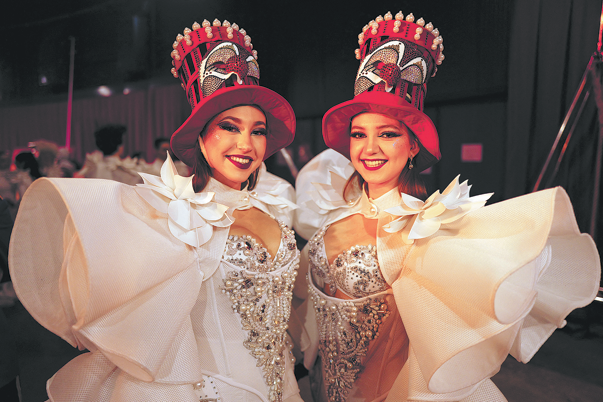Draft law targets deeds that reek of hatred
By Zhang Zhouxiang | China Daily | Updated: 2023-09-08 06:57

Believe it or not, the draft amendment to the Public Security Administration Punishment Law has attracted the attention of media outlets in the United States because of a few words. The draft amendment bans people from wearing or forcing others to wear clothing that hurts feelings of the Chinese people and those who make or spread speeches that hurt their feelings.
Some in the US media have neglected the "words and deeds "and just focused on the part that bans clothing, as if people's freedom to dress as they like was being curbed. In fact, the draft has also triggered discussions domestically.
The legislators have not explained why they listed dressing, but there have been occasions when individuals donned the military uniform of the Imperial Japanese Army and turned up at historical sites, an act that is as intolerable as someone visiting a Holocaust memorial donning a Nazi uniform.
The way media outlets in the US have presented it is akin to translating Chinese text verbatim without caring about the cultural gaps. It would have been more appropriate to say that a draft law in China plans to punish hate speech and related deeds.
There is no specific law against hate speech in the US, but there have been instances when those making hate speeches or similar deeds have been punished. Discussions are also on whether to enact a law forbidding hate speech and deeds in the US, where the split in society is showing.
Therefore the move to limit or ban hate speeches and deeds in China is a good deed that deserves praise, because it could be an effective way to prevent society in China from becoming as divided as in the US.
However, the advice from domestic sources and the media reports in the US show that there is a need to improve the wording of the draft, to clearly state why a dress, speech or deed that reeks of hatred is not acceptable, reducing the room for confusion.
























